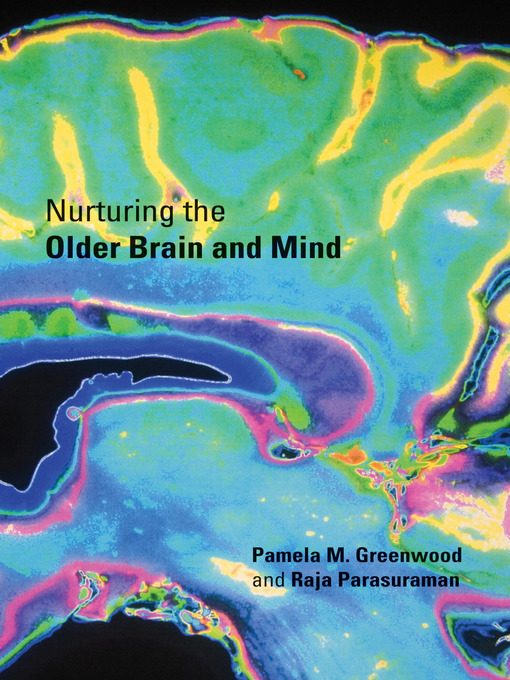Although our physical abilities clearly decline as we age, cognitive decline in healthy old age is neither universal nor inevitable. In Nurturing the Older Brain, Pamela Greenwood and Raja Parasuraman show that scientific research does not support the popular notion of the inexorable and progressive effects of cognitive aging in all older adults. They report that many adults maintain a high level of cognitive function into old age and that certain experiential and lifestyle factors—including education, exercise, diet, and opportunities for new learning—contribute to the preservation of cognitive abilities.
Many popular accounts draw similar conclusions and give similar lifestyle advice but lack supporting scientific evidence. Greenwood and Parasuraman offer a comprehensive review of research on cognitive and brain aging. They show that even the aged brain remains capable of plasticity—the ability to adapt to and benefit from experience—and they summarize evidence that brain plasticity is heightened by certain types of cognitive training, by aerobic exercise, and by certain diets. They also report on the somewhat controversial use of estrogen and cognition-enhancing drugs, on environmental adaptations (including "virtual assistants") that help older adults "age in place," and on genetic factors in cognitive aging.
The past twenty years of research points to ways that older adults can lead rich and cognitively vital lives. As millions of baby boomers head toward old age, Greenwood and Parasuraman's accessible book could not be more timely.
